Check out the update below shared from one of our middle school staff members
In eighth grade middle school science, an essential unit of study is the nervous system and brain. As a teacher, my deep hope for my students is that they recognize the fallenness in creation and work to bring restoration in creation. During this unit, the students conduct a personal interview that explores creation, fall, and restoration and this intersection with the nervous system.
After studying how the brain functions and the effects of trauma on the brain, my students need to find someone who has dealt with a significant nervous system issue who is willing to be interviewed. The person may have experienced trauma, an addiction, a disease, or a disorder. Once they connect with a community member, my students conduct research on the issue their person is facing. They do this research not only to educate themselves, but also to (later) educate their peers. Next, we work on interviews. Important learning targets include students knowing how to conduct an interview and how to word questions effectively. My students then interview their person about the issue they have faced. The essential learning target for my students is that they can gain empathy by walking alongside someone who has dealt with a significant nervous system issue. In doing this, they learn what helps the person, what hurts the person, and how the person's walk with God has been affected by the issue. Our goal is to create disciples who learn to help in these fallen situations.
The end product for each student is a presentation to their peers in which they share with the class about the issue their interviewee faced, and they tell us their story. What helped? What hurt? What can we do to make a difference? How can we work for restoration here?
The students then wrap up with some reflection of their own. These reflections show the transformational learning that occurred because of this project. A student wrote, “I saw God in how the person's faith was tested and how they had to learn why it was happening, and that they needed to trust God. God used me by allowing me to let them be able to talk about what happened and just try to comfort them after they were able to talk about it.” Another student shared, “I think that I saw God in the connection between the person and me. We had both been through similar situations, so everything she said resonated with me. I found a new relationship with someone who I never would have guessed I would have a relationship with. I think God used me so that the person I interviewed could see another way God used their struggles in the life of someone else (myself).”
These interviews, presentations, and reflections were meaningful work with real people. Our students grew in understanding and empathy, and sometimes showed a person how God was using an otherwise tough event in their lives for restoration.
Clay
